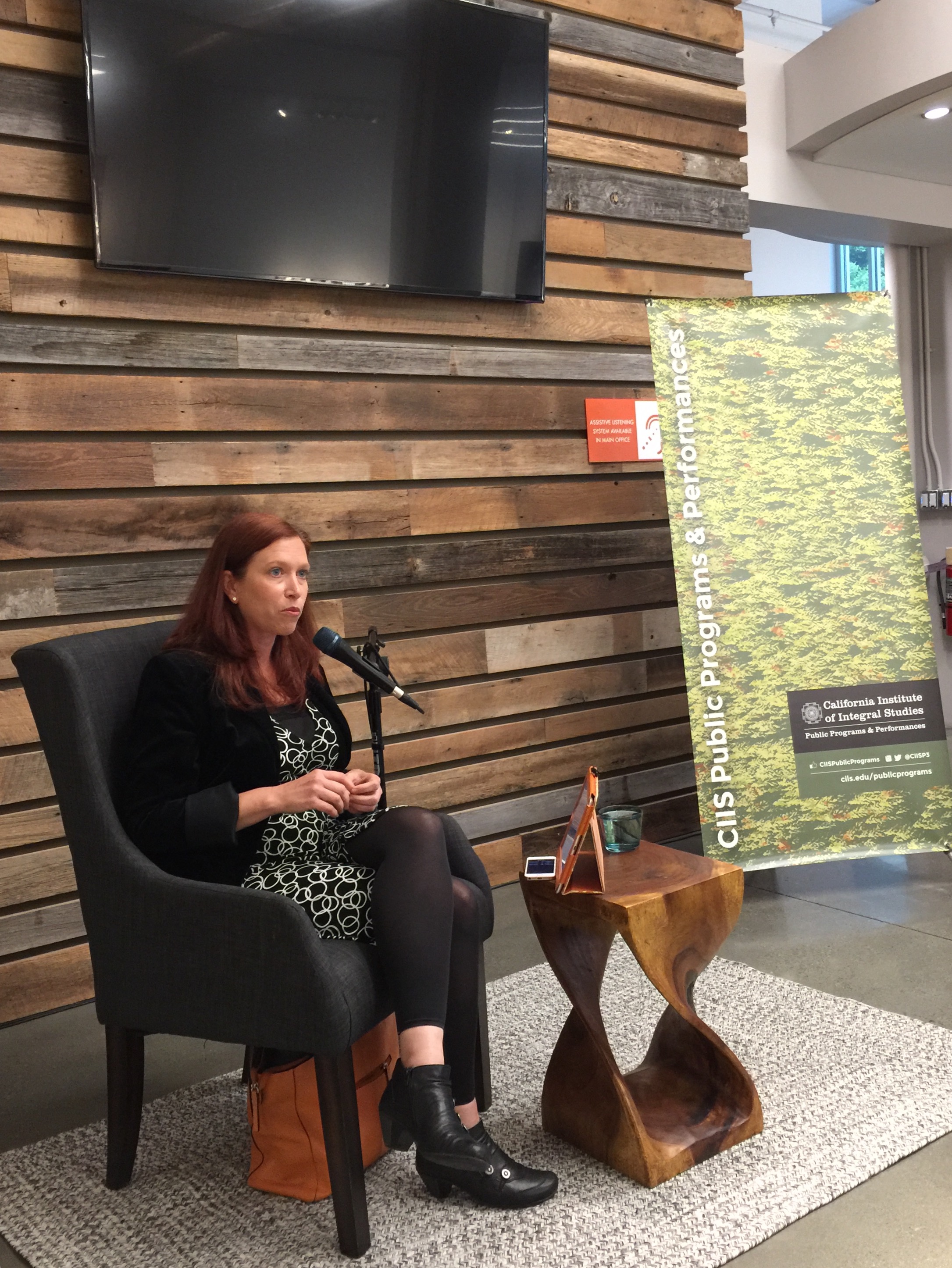Christine Brooks
Science of friendship
—–
Who in 2002 lonely predicts who dies 2008
Knows the feeling of connection
Friends keep people alive as the family structure starts dying from old age
Adult U – train millennial how to become grown up
21 – 35 people busy instead of making friends
Millenials move in packs because they are lonely at home
We are wired for interaction
Healthy brain healthy body
Neural plasticity – 100 million neurons can have close to infinite states
Help us define ourselves, helps us know where we are in the world and saves our lives
Dunbar – 150
Remember their significant other and hometown
6 degree of Kevin bacon
3 degree of influence
Friend of friend will make friend
Friend of friend of friend impacts how u weigh, smoke and who u work for, mental health
Consequential strangers –
don’t know but bump into.
Intro new concepts, weak ties.
Help find job n fall in love much more frequently that people we know
Kids who have strong friendship will have big impact on adulthood independent of if they continue into adulthood
Duke university
Isolated individual more than 3x likely to die of heart diseases
Not number of friends but the quality of relationships reduces arterial and cortisol on blood and mental health
We choose our friendship freely
People are often evaluated for their social capital
Researchers actually still don’t know how people make friends –
it’s a complex process
Big 5 personality might be a framework but not really
People rated high in agreeableness gets more friends than extraversion
Openness to experience – solidarity
Best friend project
3 or more close friends = health improves
Lost of a friend in that circle is impactful
Normal Friends
Casual and situational
Best friend
Dark stuff,
open none judgement,
learn to work through problems with,
close to us,
intentional family
Friendship sometimes have a life span
Debunk myth of no friend as adult
Actionable item
Finding a self awareness practice that is true to you so that u can start connecting outwards
Work as a Self development
Be Compassionate to self and then others
Be friend to the self
Befriending others, maintaining friendship is challenging
Main interest in the other – no split attention
Demonstrating explicit affection even when it’s unexpected
Showing up and not flaking out
Happenstance – intentionally put yourself into circumstance where u meet like minded people, be vulnerable
Tom Rake / Gallop
People who have 3 close friends at work are
3x more likely to stay there and
more satisfied with life
Friendship gets established through patterns and mutual exposure
Need to get renegotiated overtime to establish healthy boundaries
Book: we can’t be friends
Men n women can’t be friends
Teaching kids on how to make friends in school
New teacher project
Social and emotional learning curriculum
Science of friendship
Curricular for elementary school kids
Friendship bench project
Bernay brown –
living an open hearted life
Unlearning shame is necessary for living in open hearted space
Give yourself permission to grief over the failing of the relationship
Toxic Relationship
An opportunity to learn about self
Is there an opportunity to renegotiate the rules
Neediness in friendship
Surface the value that drives
The more neural plasticity gets exercise the faster the tracks gets built
Endocrine correlates with social network
Social network size and stress level has negative correlation
Bridging people
Has higher capacity to hop between hubs of friendship
Takes Transitive nature of friendship exponentially
Emotional intelligence research – can be learned
Townsmart people – Book: Emotional intelligence 2.0
Look into
Autism literature,
Prejudice literature
Political psychology
Structured self disclosure way very fast in making friends

